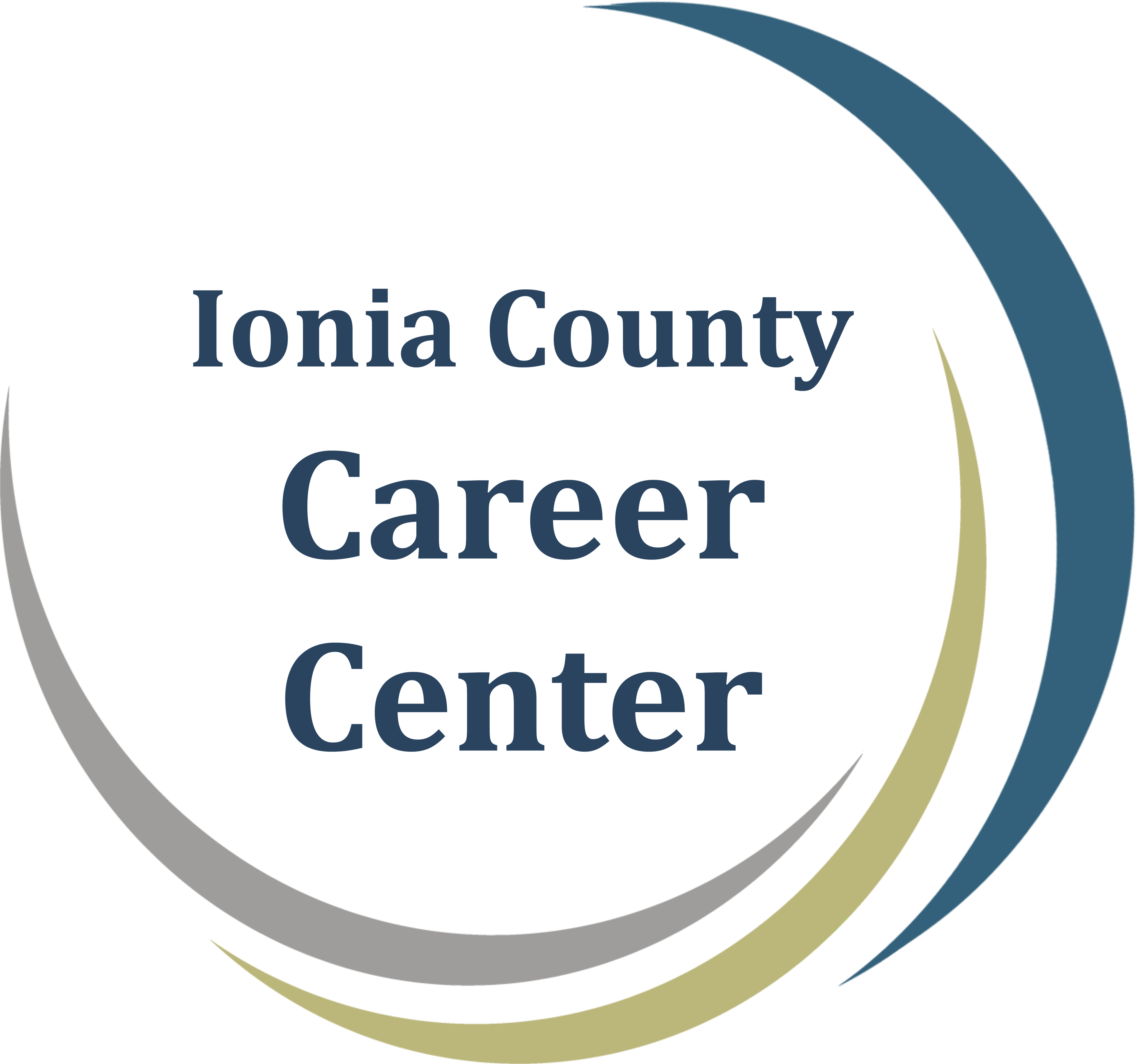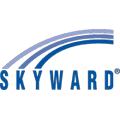Educational Careers
1 or 2 Year Program
In the Educational Careers program, students will study the history, development, organization, and practices of preschool, elementary, and secondary education. They will learn presentation, public speaking, writing, communication, and reasoning skills. Students will be placed in preschool, elementary, or middle school classrooms in their local district to work alongside a teacher. The program will expose students to general education, special education, and career technical education. All Educational Careers students must provide their own transportation to placement sites. Successful completion of this program will result in a "pre-teaching" portfolio. Students will work towards the CDA and/or MI-YDA certifications. The opportunity for dual enrollment credit may be available through Ferris State University for qualified students.
Success Indicators
Success Indicators
Success Indicators are recommendations of benchmarks that students should have to be successful when enrolled in this Career & Technical Education course.
Center-Wide Success Indicators
- Regular Attendance
- Shows Initiative
- Willingness to Learn
- Credit Healthy
-
Transportation: Students may have the opportunity to participate in work-based learning experiences, which would require the student to provide transportation to and from the work site. (See additional information regarding Transportation below under 'Other' for Educational Careers.)
Program-Specific Success Indicators
- Academic
- Reading: 11th grade reading level recommended. Sources include textbook, educational articles, additional texts, independent work assignments
- Writing: 11th grade writing level recommended. Frequent writing, journaling of observations, research and response papers, lesson plans, book summaries, book reports, etc.
- Math: 11th grade math level recommended. Ability to perform basic math functions; break down math concepts for younger children; ability to design lesson plans for math; basic data analysis
- Memorization/Note Taking: Note taking required at observations and during lecture
- Science: Interest in human growth and development; course requires ability to design lesson plans that teach and apply core subject area concepts
- Physical
- Physical: High energy required. Students will often be bending, squatting, or sitting on the floor to be eye-level with younger students.
- Clothing/Special Equipment: Dress code of the work site must be observed. Professional dress may be expected at work sites. Student should follow mentor teacher's lead with level of professional dress.
- Fine Motor Skills/Coordinator: Keyboarding and computer skills necessary for lesson planning/writing; demonstration of quality handwriting essential for both written classroom materials and teaching of students; simple drawing/art skills; ability to use/cut with scissors
- Spatial Awareness: Will be expected to create pamphlets, posters, projects on computer, bulletin boards, portfolios, etc.
- Other
- Medical Requirements: TB Test may be required depending on placement requirements
- Related Interests: Education, Psychology, Pediatrics, Social Work
- Certification/Licensure: Students also must complete and demonstrate competency on bloodborne pathogens, FERPA, confidentiality, and sexual harassment training modules.
- Verbal Skills: Verbal skills are emphasized, as students will be speaking, teaching and instructing, and must be able to articulate clearly and project his/her voice.
-
Transportation: Students are required to participate in Work-Based Learning (WBL) placements. This entails the student providing reliable transportation to and from the placement. During your Work-Based Learning (WBL) placement, you'll collaborate with a seasoned mentor teacher or education professional, offering you insight into the workings of the teaching or education-based profession.
Careers
Careers
- Teacher
- Education Administrator
- Instructional Coordinator
- Curriculum Director
Articulated College Credits
Articulated College Credits
Students must complete a full year (2 semesters) in the program earning a B (3.0) or higher grade each semester to be eligible.
Embedded High School Credits
Embedded High School Credits
Career center programs offer the student the opportunity to receive high school academic credit upon program completion. Students MUST be a program completer to earn these credits. A program completer is defined as a student who has completed all 12 segments of the curriculum AND earned a 2.0 (C) or higher GPA per semester in the program. Credits are granted by the student's local high school and determined by their counselor.
Essential Information for Parents & Students
Centerwide
- Regular Attendance
- Shows Initiative
- Willingness to Learn
- Credit Healthy
- Review the Ionia County Career Center Student Handbook
- Review the Success Indicators (listed under each program) for detailed program-specific information on what your student needs to succeed in this program.
- If your student is interested in a Work-Based Learning Internship opportunity during the school year (subject to instructor approval), please review the Work-Based Learning Manual (located under ‘Internship’).
Before the School Year Begins
- Dress Code Preparation: Professional, teacher-ready attire is expected at all WBL placements. Clothing must follow the dress code of both ICCC and your placement school. It's recommended to have a few outfits ready that meet these guidelines.
- No ripped jeans or sweatpants
- No off-the-shoulder tops, tank tops, crop tops
- Lower body garments must not be shorter than fingertip length.
After the School Year Begins
- Educational Careers T-Shirt: Optional t-shirts are available for purchase (approx. $8–$10) and may be worn during WBL placements and field experiences. Ordering details will be shared in class, typically in October.
- Work-Based Learning = Our Lab: WBL is the hands-on lab portion of our class and is required. Participation directly impacts your grade.
- Transportation to Placement: Students are responsible for their own reliable transportation to and from their WBL site.
- Attendance: Regular attendance is expected at both the Career Center and your placement. Notify both your instructor and site mentor of any absences as early as possible.
- Professional Behavior: Students must demonstrate professionalism at all times—be punctual, respectful, and mature in all interactions at your WBL site.
Additional Information
- Visit our CTE Work-Based Learning Manual for additional resources, expectations, and support.
Credentials/Certifications Available
Credentials/Certifications Available
- Registered Behavior Technician (RBT) by Behavior Analyst Certification Board (BACB)
- Child Development Associate (CDA) - Infant/Toddler by Council for Professional Recognition
- Child Development Associate (CDA) - Preschool by Council for Professional Recognition
- Child Development Associate (CDA) - Family Child Care by Council for Professional Recognition
- Michigan Youth Development Associate (MI-YDA) Certificate by Michigan After-School Partnership (MASP)
- Michigan Youth Development Associate (MI-YDA) Credential by Michigan After-School Partnership (MASP)



